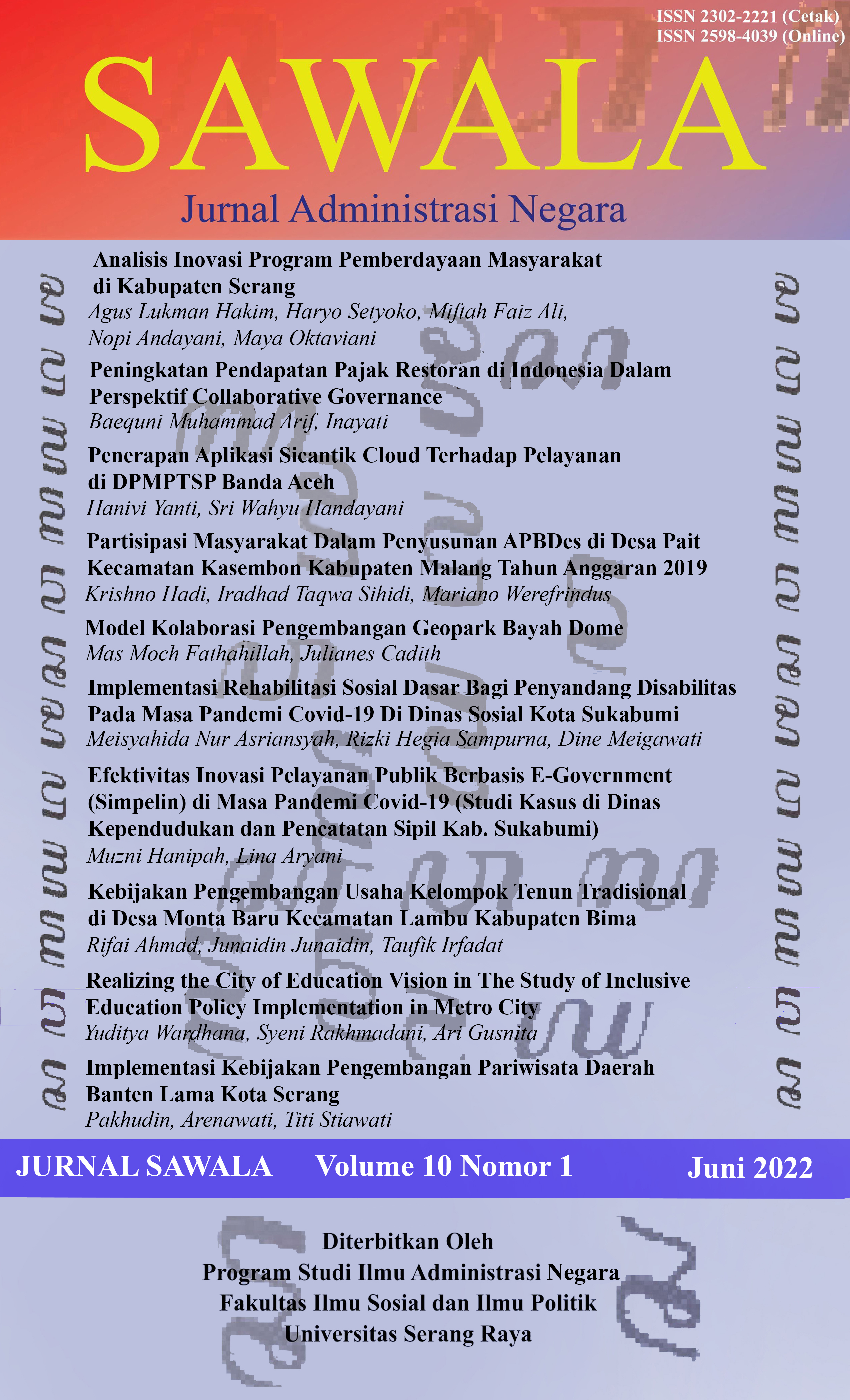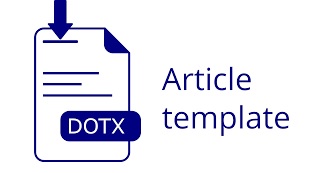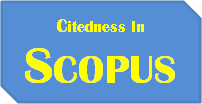Peningkatan Pendapatan Pajak Restoran di Indonesia Dalam Perspektif Collaborative Governance
DOI:
https://doi.org/10.30656/sawala.v10i1.4626Keywords:
online applications, collaborative governance, restaurant taxAbstract
The existence of transactions using online applications raises several problems for local governments related to restaurant tax revenue, namely the existence of partner restaurants that only sell food online without a physical restaurant. The other problem is the profit-sharing scheme applied by online application owners (e.g., Gojek and grab) to partner restaurants. This scheme causes some restaurants to increase their online ordering prices. On the other hand, the tax base of the restaurant tax is the offline order price, so the seller paid a smaller tax amount than it should be. The third problem, the existence of payments via an e-wallet, allows the taxpayer to report the turnover as smaller than the actual burden. This research aims to analyze how to increase restaurant tax revenues with online applications. The approach used is a qualitative approach. The data sources used are from various kinds of literature such as books and articles. The results of this research are in the form of several alternative solutions, including inspection by the Regional Revenue Service, to collaborate with the Central Government agency, and the main alternative is collaborative governance with stakeholders to solve transactions using online applications.
References
Adediran, S. A., Alade, S. O. and Oshode, A.A. (2013). The impact of tax audit and investigation on revenue generation in Nigeria. European Journal of Business and Management, 5(26), 171-177.
Alrajbie, M. T., dan Rosdiana, H. (2021). Rekonstruksi Kebijakan Ambang Batas Pajak Restoran untuk Peningkatan Pendapatan Asli Daerah Provinsi DKI Jakarta. Syntax Literate: Jurnal Ilmiah Indonesia, 6(9), 4581-4600.
American Institute of Certified Public Accountants. (2001). Guiding principles of good tax policy: A framework for evaluating tax proposals, Tax Policy Concept Statement l, American Institute of Certified Public Accountants.
American Institute of Certified Public Accountants. (2017). Guiding principles of good tax policy: A framework for evaluating tax proposals, An update of the 2001 version, American Institute of Certified Public Accountants.
Andranovich, G. (1995). Achieving consensus in public decision making: Applying interest based problem-solving to the challenges of intergovernmental collaboration. Journal of Applied Behavioral Research, 31, 429-445.
Ansell, C. and Gash, A. (2008). Collaborative Governance in Theory and Practice. Journal of Public Administration Research and Theory, 18(4), 543-571.
Ardiansyah, B. G., & Utomo, R. (2018). Penguatan Kapasitas Pemerintah Daerah dengan Pemeriksaan Pajak. Sembadha, 1(1), 125-129.
Az-zahra, H. N., Tantya, V. A & Apsari, N. C. (2021). Layanan Online Food Delivery Dalam Membantu Meningkatkan Penjualan Pada Usaha Mikro. Jurnal Pengabdian dan Penelitian kepada Masyarakat, 2(2), 156-165.
Bisnis.com. (2021). Ada Pandemi, Mitra Go Food Melonjak 50 persen pada 2020. Jatmiko, Leo Dwi. Januari 30, 2021. https://teknologi.bisnis.com/read/20210130/266/1349935/ada-pandemi-mitra-gofood-melonjak-50-persen-pada-2020. (diakses pada Senin, 14 Maret 2022, jam 19.30).
Cahayani, M. (2021). Analisis Keberadaan Go Food dan Grab Food Terhadap Peningkatan Penjualan Usaha Kuliner di Kelurahan Kekalik Jaya Kota Mataram. Jurnal Pendidikan Ekonomi dan Kewirausahaan, 5(1), 90-103.
CNBC Indonesia. (2020). Pelanggan Go Food Melesat 2 Kali Lipat pada 2019. Hastuti, Rahajeng Kusumo. Februari 11, 2020. https://www.cnbcindonesia.com/tech/20200211203713-37-137118/pelanggan-gofood-melesat-2-kali-lipat-pada-2019. (diakses pada Senin, 14 Maret 2022, jam 20.00).
Direktorat Jenderal Perimbangan Keuangan (2021). Anggaran dan Realisasi APBN Tahun 2018-2020. http://www.djpk.kemenkeu.go.id/?p=5412. (diakses pada Selasa, 15 Maret 2022, jam 19.00).
Du Preez, H., & Stiglingth, M. (2018). Confirming The Fundamental Principles of Taxation Using Interactive Qualitative Analysis. Ejournal of Tax Research, 16(1), 139-174.
Emerson, K., Nabatchi, T. & Balogh, S. (2011). An Integrative Framework for Collaborative Governance. Journal of Public Administration Research and Theory, 22(1), 1–29.
Gojek. (2021). Merchant Partners. https://www.gojek.com/en-id/merchant/. (diakses pada Selasa, 15 Maret 2022, jam 20.00).
Hidayati, A. & Sulistiadi, W. (2017). Partisipasi Masyarakat dalam Proses Penyusunan Peraturan Daerah (Studi Kasus Peraturan Daerah Provinsi Bengkulu Nomor 12 Tahun 2013 Tentang Perbaikan Gizi). Jurnal Kebijakan Kesehatan Indonesia, 6(2), 58-65.
Hutter, G. (2016). Collaborative governance and rare floods in urban regions – Dealing with Uncertainty and Surprise. Environmental Science & Policy, 55, 302-308.
Katadata. (2021). Gencarkan Promosi, Gojek Terapkan Skema Baru Bagi Hasil Go Food. Burhan, Fahmi Ahmad. Maret 18, 2021. https://katadata.co.id/desysetyowati/digital/6052c15ecfa10/gencarkan-promosi-gojek-terapkan-skema-baru-bagi-hasil-gofood. (diakses pada Rabu, 16 Maret 2022, jam 18.30).
Kementerian Keuangan. (2017). Bahan Ajar Pemeriksaan Pajak Daerah. Jakarta.
Kementerian Keuangan. (2021a). Ini Empat Pilar Utama RUU HKPD. November 24, 2021. https://www.kemenkeu.go.id/publikasi/berita/ini-empat-pilar-utama-ruu-hkpd/. (diakses pada Rabu, 16 Maret 2022, jam 19.00).
Kementerian Keuangan. (2021b). Penandatanganan Perjanjian Kerja Sama Optimalisasi Pemungutan Pajak Pusat dan Pajak Daerah antara DJP, DJPK, dan 84 Pemda. April 21, 2021. https://djpk.kemenkeu.go.id/?p=19916. (diakses pada Rabu, 16 Maret 2022, jam 19.30).
Kompas. (2020). Selama Pandemi, Jumlah Merchant Baru di Grab Meningkat Hingga 153 persen. Catriana, Elsa. November 5, 2020. https://money.kompas.com/read/2020/11/05/181105726/selama-pandemi-jumlah-merchant-baru-di-grab-meningkat-hingga-153-persen. (diakses pada Rabu, 16 Maret 2022, jam 20.00).
Kontan. (2019). PT Go-Jek Indonesia sebut mitra Go-Food bertambah 80% selama 2018. Febriani, Lita. Januari 7, 2019. https://industri.kontan.co.id/news/pt-go-jek-indonesia-sebut-mitra-go-food-bertambah-80-selama-2018. (diakses pada Kamis, 17 Maret 2022, jam 19.00).
Kontan. (2021). Ketum Akumindo: Skema komisi terbaru GoFood dikeluhkan pelaku UMKM. Fitri, Amalia Nur. Maret 17, 2021. https://industri.kontan.co.id/news/ketum-akumindo-skema-komisi-terbaru-gofood-dikeluhkan-pelaku-umkm. (diakses pada Kamis, 17 Maret 2022, jam 19.30).
Lembaga Demografi Fakultas Ekonomi dan Bisnis Universitas Indonesia. (2021). Kontribusi Ekosistem Gojek dalam Mendukung Pemulihan Ekonomi Nasional selama Pandemi 2020-2021. Jakarta: Universitas Indonesia.
Liputan6. (2019). Kemenkeu Cabut PMK 210 soal Pajak E-Commerce. Situmorang, Anggun P. Maret 29, 2019. https://www.liputan6.com/bisnis/read/3929282/kemenkeu-cabut-pmk-210-soal-pajak-e- commerce#:~:text=Liputan6.com%2C%20Jakarta%20%2D%20Kementerian,Sistem%20Elektronik%20atau%20e%2Dcommerce. (diakses pada Kamis, 17 Maret 2022, jam 20.00).
Liu, L. & Xu, Z. (2018). Collaborative governance: A potential approach to preventing violent demolition in China. Cities. 79: 26-36.
Mardiasmo. (2018). Perpajakan. Yogyakarta: Penerbit Andi.
Mukhlis et al. (2018). The Actor Domination in the Collaborative Governance in the Lampung Province Central Government Displacement Policy: An Ambivalent. Jurnal Ilmiah Peuradeun, 6(3), 507-524.
Olifiana, D. (2020). Collaborative Governance dalam Program Pemungutan Retribusi Pasar Tradisional secara Elektronik (e-retribusi) di Pasar Singosaren Surakarta. Universitas Sebelas Maret. Skripsi.
Peraturan Presiden Nomor 11 Tahun 2015 tentang Kementerian Dalam Negeri.
Putra, N. B. (2020). Pengaruh Penggunaan Aplikasi Berbasis Online atas Penerimaan Pajak Restoran Kota Binjai. Politeknik Negeri Medan. Skripsi.
Rahayu, R., Haryono, B. S., & Mindarti, L. I. (2015). Efektivitas Partisipasi Masyarakat dalam Penyusunan Program Legislasi Daerah di Lingkungan Pemerintahan Kota Batu. Reformasi, 5(1), 31-42.
Raihan, M., Sarumpaet, S. & Sukmasari, D. (2021). Penerimaan Pajak Daerah Kota Bandar Lampung Sebelum dan Sesudah Penggunaan Tapping Box. Iqtishaduna: Jurnal Ilmiah Ekonomi Kita, 10(1), 91-108.
Runiawati, N., et al. (2019). Restaurant Tax in Bandung. Humanities & Social Sciences Reviews, 7(3), 261-266.
Sahari, S. N., et. al. (2020). General Review on Malaysia Land Taxation. International Journal of Academic Research in Business & Social Sciences, 10(3), 554-569.
Tambunan, M. R.U.D., Rosdiana, H., dan Irianto, E. S. (2020). Taxing Digital Economy through Online Marketplace in Indonesia. International Journal of Economics and Financial Issues, 10(2), 187-192.
Tomo, A., Hinna, A., Mangia, G., De Nito, E. (2018). Collaborative Governance a Successful Case ff Public and Private Interaction in the Port City of Naples. Cross-Sectoral Relations in the Delivery of Public Services, 6, 177-193.
Undang-Undang Nomor 28 Tahun 2009 tentang Pajak Daerah dan Retribusi Daerah
Undang Undang Republik Indonesia Nomor 2 Tahun 2020 Penetapan Peraturan Pemerintah Pengganti Undang Undang Nomor 1 Tahun 2020 tentang Kebijakan Keuangan Negara dan Stabilitas Sistem Keuangan untuk Penanganan Pandemi Corona Virus Disease 2019 (Covid-19) dan/atau Dalam Rangka Menghadapi Ancaman yang Membahayakan Perekonomian Nasional dan/atau Stabilitas Sistem Keuangan menjadi Undang Undang.
Undang-Undang Nomor 1 Tahun 2022 tentang Pajak Daerah dan Retribusi Daerah.









